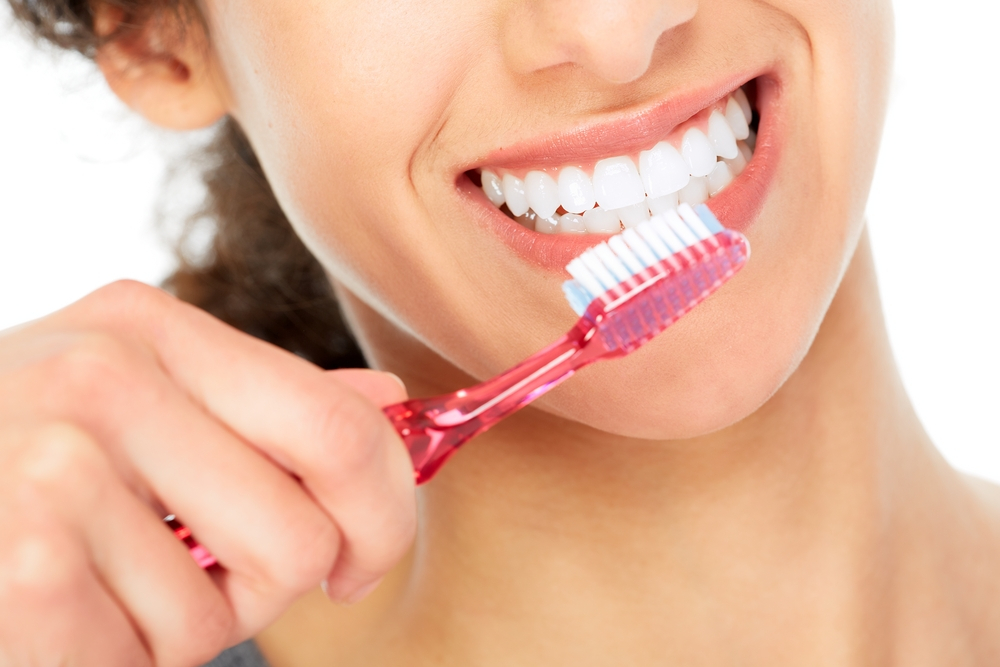Most dentists, and the American Dental Association (ADA), recommend changing your toothbrush every 3 months. Overtime, toothbrushes go through normal wear and tear and become less effective with removing plaque from teeth and gums. Studies have found that around 3 months is when the bristles break down and lose effectiveness.
One other consideration we don’t typically think about (and probably don’t like to think about) is that germs can hide and build up in toothbrush bristles. This makes it important to replace your toothbrush after you’ve had a cold, or risk possible reinfection.
Fungus and bacteria can also develop in the bristles if not taken care of properly. After use, make sure you rinse off and dry your toothbrush thoroughly, storing uncovered in an upright position and keeping it away from other used toothbrushes. When traveling, be sure to cover your toothbrush head to protect it and reduce the spread of germs.
If you can’t remember exactly how long it’s been, pay particular attention to the condition your toothbrush head is in – whether the bristles are worn out, fan out, or frayed, or especially if you see dark color changes, which is a sign of mold.
